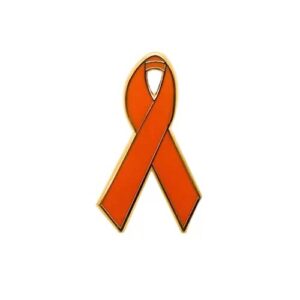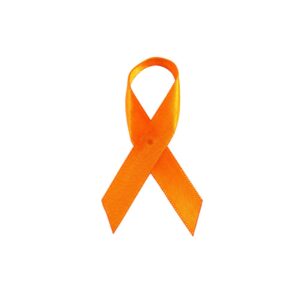
Alport Awareness Month
Join the Alport Awareness Foundation in March to celebrate Alport Awareness Month! This month-long campaign aims to spotlight this rare, genetic kidney disease during National Kidney Month. The Alport Foundation joins forces with other kidney-related patient groups across the United States. The green awareness ribbon brings attention to the need for research, funding, and early and accurate diagnosis of Alport syndrome. Wear a green enamel awareness ribbon pin, green fabric ribbon, or silicone awareness wristband bracelet for Alport syndrome. Another color that others use for this awareness month is orange, for kidney disease.
Alport Syndrome and Alport Awareness Month
Alport syndrome is a rare kidney disease. Parents may pass it to their child or children. In addition, it may occur spontaneously. The disease causes one’s kidney function to decline over time and can also result in hearing loss and eye abnormalities. In addition, a small percentage of X-linked Alport syndrome patients experience leiomyomas, which are benign (not cancerous) smooth muscle tumors. These can be found in the esophagus, lungs, uterus, and other female reproductive organs. ASDL is a common acronym used to refer to Alport Syndrome with Diffuse Leiomyomatosis.
Prevalence is estimated to be less than 200,000 people in the U.S., making Alport syndrome a rare disease. No reliable prevalence studies are available.
Fast Facts About Alport Syndrome
- There are tens of thousands of people all over the world living satisfying, productive lives with Alport syndrome. While it is estimated that less than 200,000 people in the U.S. have Alport syndrome, research suggests it is likely that more people have the condition than previously thought.
- Alport syndrome causes a decline in kidney function and can cause hearing loss and eye abnormalities. While rare, some patients may experience diffuse leiomyomatosis, which causes noncancerous tumors found in smooth muscle tissue, including the esophagus. There are also clinical reports and increasing patient reports of instances of aortic and abdominal aneurysms in Alport families, especially in those with a history of cardiac complications.
More Fast Facts About Alport Syndrome
- Alport syndrome is caused by genetic mutations that affect the type IV collagen found in the kidneys, ears, and eyes. The three commonly studied types of Alport syndrome are X-linked (the most documented), autosomal recessive, and autosomal dominant.
- Both males and females are affected by Alport syndrome. While many females may initially have milder symptoms and experience a later onset of disease progression, it is not accurate to think of them as genetic “carriers.” Seeing a nephrologist regularly and following recommended treatment guidelines for Alport syndrome patients is important for both females and males.
- The current standard of treatment is ACE/ARB medications, which research shows can delay decline of renal function. These medications are prescribed to Alport patients as young as 12 to 24 months of age to slow the spilling of protein from the kidneys. Protein spilling causes scarring and a decline in kidney function. Although this class of medications is widely used to treat high blood pressure, they are recommended as standard treatment for Alport syndrome whether patients have high blood pressure or not.
How Can You Help?
Contact the Alport Foundation for ideas and resources to help you plan your Alport Awareness Month efforts. The easiest way to raise awareness is to be willing to share your story with others. You can also take action and include messaging while doing something you already enjoy: walking, running, creating art, book club, cooking – the sky’s the limit. And don’t forget to wear your green or orange ribbon to call attention to Alport syndrome.













